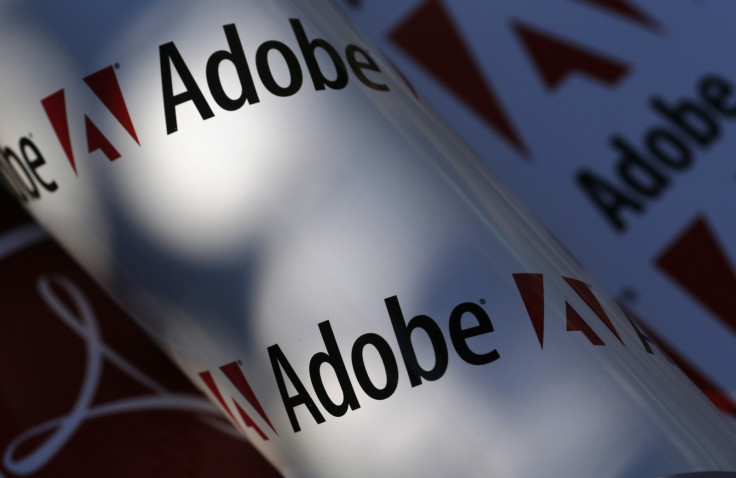Adobe introduces new AI feature, sparking controversy among artists
Though the company claims that Adobe Firefly will simply act as a "co-pilot" rather than a replacement for graphic artists, many still believe in the opposite.

Adobe recently announced its latest addition to the popular editing software, Photoshop, which will make use of generative artificial intelligence. Though the company claims that this new feature will simply act as a "co-pilot" rather than a replacement for graphic artists, many still believe in the opposite.
Adobe Firefly is "the new family of creative generative AI models coming to Adobe products, focusing initially on image and text effect generation." The company also claims that this new tool is a "natural extension of the technology Adobe has produced over the past 40 years, driven by the belief that people should be empowered to bring their ideas into the world precisely as they imagine them."
The feature can be accessed on the web and supports Chrome, Safari, and Edge browsers on the desktop. As of today, it cannot be used on tablets and mobile devices. While Adobe Firefly is still in its beta stage, it is already available in all countries that support the use of Adobe services.
Given that the technology is still new and being developed, it also has its limitations such as only being able to support prompts from the English language. Adobe also noted that only users who are 18 years old and above may access the new feature and that it will only be permitted for non-commercial use while in its beta stage.
With the "generative fill" feature offered by Adobe Firefly, Photoshop users will be able to "add new content, replace the background and remove unwanted parts of an image" using a text prompt similar to those used by other AI image creation technology like Dall-E and Midjourney. Though the software giant has been using AI in its tools for more than a decade, this newest addition will take its dependency on artificial intelligence to a whole new level.
Generative AI is a type of Artificial Intelligence that can create a wide variety of data, like images, videos, audio, text, and even 3D models. Patterns from existing data are used and incorporated in order to generate a new output. The creators themselves boast that this emerging technology is "capable of producing highly realistic and complex content that mimics human creativity." However, that is exactly what numerous people are afraid of.
Well-renowned companies like Spotify and Google have also succumbed to the bandwagon and have given in to the temptations of Artificial Intelligence, much to the dismay of some users. Adobe's recent actions have also raised concerns in the art world, with many artists clamouring that their opportunities are being limited even more. Some have also raised the issue of their artwork being stolen by generative AI applications that are trained by using any and all images on the internet.
In fact, earlier this year, some artists from San Francisco, USA took legal action to reclaim copyright and consent by filing a class-action lawsuit against DreamUp, Midjourney, and Stable Diffusion. One of them, Karla Ortiz, was fuelled to take action after noticing that an open-source AI-based image-generating tool called Disco Diffusion was copying her friends' works and art styles without their knowledge and permission. Many individuals, especially those who had gone through similar experiences, also showed their support on social media.
In response to this, Adobe assured the public by stating: "Firefly is developed and deployed around our AI ethics principles of accountability, responsibility, and transparency." They also mentioned that the technology was trained using only Adobe Stock images, openly licensed content, and public domain content that had expired copyrights.
Adobe further stated: "In addition to training on inclusive data sets, we continually test our model to mitigate against perpetuating harmful stereotypes. We use a range of techniques, including ongoing automated testing and human evaluation."
© Copyright IBTimes 2025. All rights reserved.






















